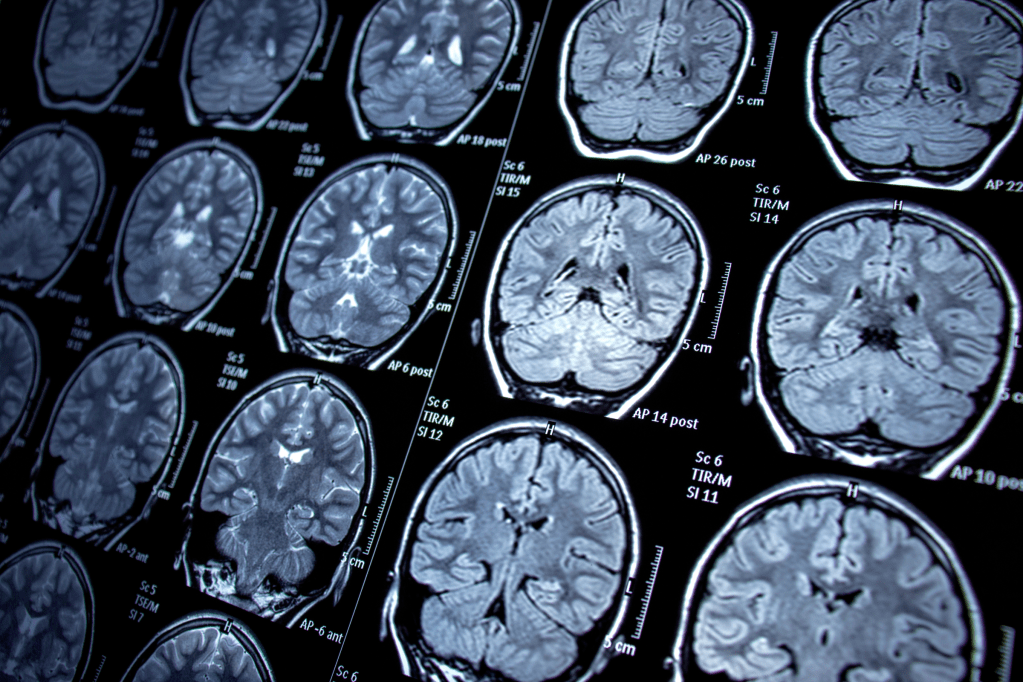
Nearly 3.5 million Americans suffer from some form of epilepsy. It can affect people in different ways from stiff muscles or staring spells, to violent shaking and loss of consciousness.
The impact it has on people’s lives extends far beyond the condition itself. People who suffer from epilepsy experience a higher frequency of depression and other mood disorders, social isolation, challenges in school and with living independently, higher unemployment, limitations on driving, and higher risk of early death.
Medications can help control the seizures in some people, but around one-third of patients don’t respond to those drugs. The alternative is surgery, which is invasive and can cause damage to delicate brain tissue.
Neurona Therapeutics —a clinical stage biotherapeutics company— has developed a therapy called NRTX-1001, which consists of a specialized type of neuronal or brain cell derived from embryonic stem cells. These cells are injected into the brain in the area affected by the seizures where they release a neurotransmitter or chemical messenger that will block the signals in the brain causing the epileptic seizures.
So far, the first two patients treated in the groundbreaking clinical trial—both of whom entered the study with a history of significant monthly seizures that were not controlled by anti-seizure medications—have seen encouraging signs of reduction which suggest that a single dose of NRTX-1001 may have a long-lasting ability to suppress seizures.
The first patient had a 9-year history of seizures and in the six months prior to the administration of NRTX-1001, the patient experienced an average of 32 seizures per month, despite being on several antiepileptic medications. The patient received a single administration of NRTX-1001, the treatment was well tolerated, and there have been no serious or severe adverse events associated with the treatment to date. The patient reported four seizures during the first three months since receiving NRTX-1001.
The second patient treated in the trial also had drug-resistant seizures, with an average of 14 seizures per month in the six months prior to treatment. This individual received NRTX-1001 and in the first week post-treatment had not experienced any serious or severe adverse events, or seizures.
“The early clinical results with NRTX-1001 in epilepsy are very encouraging, and we look forward to enrolling additional patients in the study,” said Dr. Cory Nicholas, Neurona’s president and chief executive officer. “NRTX-1001 is designed to be an off-the-shelf, one-time administration therapy with the potential to durably eliminate seizures and provide a new regenerative cell therapeutic approach in patients for whom anti-seizure medication has failed.”
Dr. Nicholas added, “It has the potential to be disease-modifying without the tissue-destructive procedural risks associated with lobectomy. Further, there are many who are not currently eligible for lobectomy surgery who may be eligible for NRTX-1001 in the future. We are sincerely grateful to everyone involved in the development of NRTX-1001, including the first participants in this pioneering study, their families, and the respective clinical site teams.”
The California Institute for Regenerative Medicine has a vested interest in seeing this therapy succeed. CIRM has invested more than $14 million over four different awards in helping this research progress from a basic or Discovery level through to the current clinical trial.